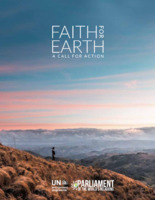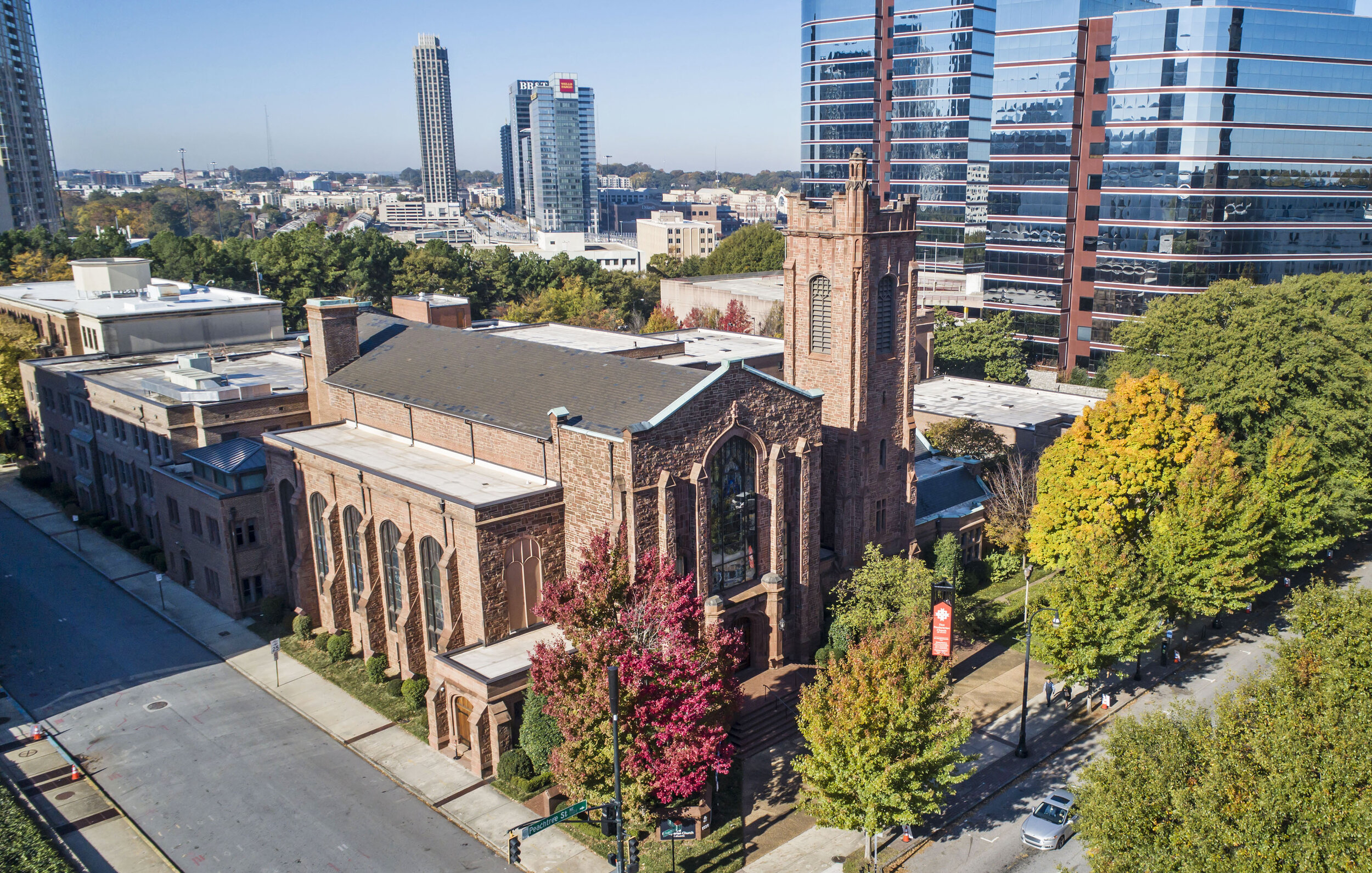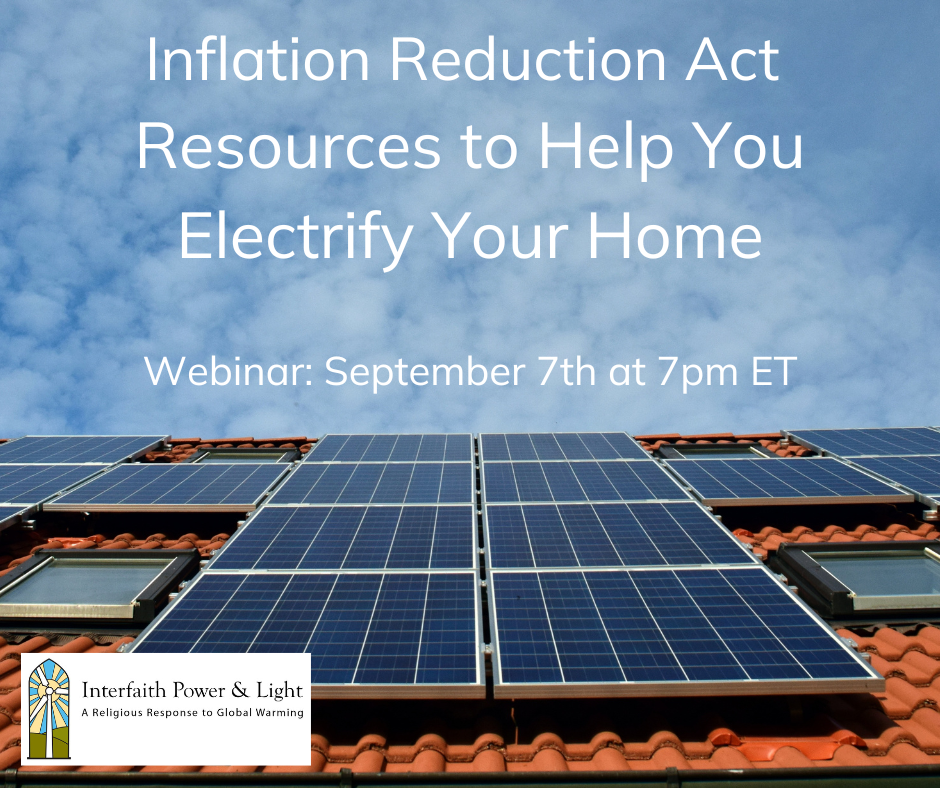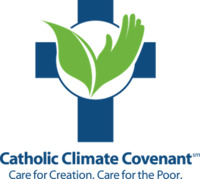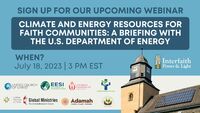Search
271 items
-
Sacred Watersheds and the Fate of the Village Body Politic in Tibetan and Han Communities Under China’s Ecological Civilization
Coggins studies the spiritual ecologies of Tibetan and Han communities in the People's Republic of China. The Tibetan animism focuses on the protection of landscapes because of their relation to various deities and spirits. Han communities worked on creating fengshui forests to find balance a balance of qi in all things. -
IRI Colombia continues far-reaching communications campaign to grow awareness on the importance of tropical forests
IRI Colombia continued its communications campaign to raise awareness about its mission and expand engagement in the 36 local chapters where IRI has a presence. IRI Colombia radio spots (which will run through the end of 2021) are being broadcast seven days a week on the country’s leading radio networks and will reach over 250,000 people. Listen to the radio spots in Spanish here.
IRI Colombia has also commissioned 10 billboards in strategic locations with messages like “Forest = water and oxygen” and “Plant a tree” to increase awareness about the importance of protecting and restoring tropical forests. The 36 IRI Colombia local chapters continue implementing their 2021 action plans, which include activities such as reforesting watersheds and springs, cleaning up riverbanks, and establishing tree nurseries. -
Interfaith Rainforest Initiative (IRI) Campaign Videos
The Interfaith Rainforest Initiative (IRI) creates artistic and well-produced videos that accompany their programs on climate change education and awareness-raising in branch offices around the world.
These videos are great resources for those looking for multimedia inspirations that amplify sustainability communications efforts. -
Faith for Earth: A Call for Action
This book was first published at the beginning of the twenty-first century. A joint project of the United Nations Environment Programme and the Interfaith Partnership for the Environment, it was titled Earth and Faith: A Book of Reflection for Action. The partners printed tens of thousands of copies and gave them to schools, congregations, and communities throughout the
world. The book described the growing threats to our planet’s life support systems, the reverence all faiths share for life on Earth, and the responsibility that people have to future generations. -
Zoom Events: Greening the Bible
The goal of this short course is to read the Bible afresh: to reinterpret texts of terror (for other creatures) and to reclaim passages that show the importance and agency of nonhuman persons. It is intended as a tool for forming earth-inclusive Christians. -
ECHO Global Farm
ECHO introduces sustainable plants, climate-resilient techniques, and technologies to farmers around the world who are struggling to feed their families.
Through partnering with local NGOs, farmers, volunteers, and missionaries, ECHO is able to be efficient with their resources in providing aid where it's needed the most.
Empty bellies and empty hearts lead to pain and suffering for individuals, families, and communities across the world. ECHO believes that as active participants in the Great Commission and stewards of great agricultural knowledge, it is their duty to grow and make disciples. -
Profile: EquaSion (Equality, Spirituality, Inclusion)
EquaSion, formerly known as the Bridges of Faith Trialogue, is a non-partisan civic organization founded upon interfaith dialogue that works to develop educational and community service programming to foster greater understanding, respect, compassion, inclusion, and engagement for all people and faith communities in Greater Cincinnati and beyond. -
Sustainable Consumption Research and Action Initiative (SCORAI)
The Sustainable Consumption Research and Action Initiative (SCORAI) is a knowledge network of professionals working at the interface of material consumption, human well-being, and technological and cultural change. We aim to foster a transition beyond the currently dominant consumer society. SCORAI provides a forum for scholars and practitioners striving to understand the drivers of the consumerist economy in affluent technological societies; to formulate and analyze options for post-consumerist lifestyles, social institutions, and economic systems; and to provide the knowledge for emergent grassroots innovations, social movements, and public policies. -
The Bhumi Project Hindu Plans for Generational Change
This article outlines the Bhumi Project's nine-year plan to encourage better environmental practices among Hindu communities. This plan is broken down into three sections: Networking, Action, and Education. These sections are derived from Hindu traditions and creatively suggest how such traditions can be tailored to be more environmentally friendly. The Network section details how the plan will be dispersed throughout Hindu communities and provides incentives for those who choose to follow the plan. The Action section focuses on what can be done at the organizational and individual level to promote sustainability in Hindu communities. The Education section of the plan discusses how the Bhumi project intends to provide informative resources for communities, schools, and priests to learn about the interconnectedness of the Hindu faith and the environment. Overall, the Bhumi Project intends to inform Hindu communities about environmental issues and encourage them to adopt pro-environmental behaviors that are in line with the Hindu faith and traditions. -
Religion and the Environment in the Rhetoric of Thomas Berry and Pope Francis
This academic journal entry is based on reflections by geologian Thomas Berry and religious figure Pope Francis as they draw a connection between the environment and religion.
The article covers various perspectives to cumulatively demonstrate the need for environmental change, whether it is rooted in the Judeo-Christian belief in the biblical responsibility of man to protect the earth, or other non-religious roots of responsibility. Both figures agree that there will be consequences for not implementing better environmental practices. -
How Religion Impacts Americans' Views on Climate Change
This article discusses the findings of a survey conducted by the Pew Research Center in 2015. Surveys of Mainline Protestants, Hispanic Catholics, and Evangelicals demonstrated that views surrounding climate change vary by religious affiliation. More specifically, religious observance was also found to be correlated with specific views on climate issues. -
Climate Change Impacts on the Water Resources of American Indians and Alaska Natives in the U.S.
This article is an overview of the impacts climate change has had on tribal water resources and, consequently, on the lives of Alaskan Natives and American Indians. The articles discusses the increasing hazards of the land they live on and how changes in climate and the ecological landscape significantly affects their daily lives. -
Religious Americans Demand Climate Action
This article offers a unique perspective on the intersection of environmentalism, religion, and politics. On the one hand, the current established consensus of virtually all religious groups is that climate change is real and human-induced, with certain religious groups placing extra pressure on politicians to advance climate legislation quickly. On the other hand, politicians have interacted with important religious leaders to rouse motivation among congregations to mitigate the effects of climate change. The article also includes actions being taken by religious groups toward fighting climate change on both national and local platforms. -
Evangelical Group Releases Climate Change Report, Urges a Biblical Mandate for Action
The article discusses a new report called “Loving the Least of These: Addressing a Changing Environment” by the National Association of Evangelicals that cites a “biblical basis” for stopping climate change. The report was written to spur fellow evangelicals to rally together and address the issue. It cites the Bible, with verses about caring for creation and each other, as well as basic climate science about air pollution as its reasoning. An interview about evangelicals’ current views on the issue with Dorothy Boorse, one of the authors of the report, is included. -
The Language of Science and Faith: Straight Answers to Genuine Questions
This book discusses the links between science and faith and attempts to reconcile the two communities by demonstrating ways in which Christians can find God in scientific theories. Written by Francis Collins, a leader in the Human Genome Project, and scientist Karl Giberson, it offers a holistic view of the intersection between science and religion. -
American Jewish World Service- Land, Water, and Climate Justice: Story Collection
The American Jewish World Service compiled a website of their outreach stories from the US, Africa, Asia, Latin America, and the Caribbean. Reflections from work with Indigenous communities are included as well. The environmental activism showcased on their website also defend women and their crucial involvement with agriculture and the environment. From the website;
"We aid communities and movements organizing to protect the land, water and natural resources that people depend on for their survival".
More information on how to get involved is listed on their website. -
Religions of the World and Ecology
"Enroll in these free self-paced courses from Yale University and Coursera to explore the answers to these questions and experience the rich ecological teachings and dynamic practices of religious traditions across our planet Earth." -
Dharma Action Network for Climate Engagement (DANCE)
"Dharma Action Network for Climate Engagement (DANCE) is a space for connecting to explore the breadth of possible Dharma responses to climate change and related issues.
As well as an opportunity to network and form more localized groups of support, activity and political action, a wide range of creative ideas and experiments in passionate and compassionate engagement may be shared, incubated, and hatched together through this space.
It can also serve as a more central forum to discuss perspectives and to voice feelings about the environmental crises we face; and as a hub for information on relevant events and resources, including related retreats, workshops, artistic and other enterprises." -
Inflation Reduction Act Resources to Help You Electrify Your Home
"The Inflation Reduction Act (IRA) is the largest climate and clean energy investment America has ever made, with strategic incentives to make the transition to clean energy and a decarbonized life easy, financially smart, and equitable.
It created programs to help you go electric — swapping out your old, fossil-fueled appliances for new, clean electric ones — over the next ten years. The IRA’s home energy offerings include upfront discounts, tax credits, and low-cost financing that together provide a substantial pot of money for every household to electrify the machines they rely on — the cars they drive, how they heat the air and water in their homes, cook their food, dry their clothes and get their power — regardless of income level.
Much of the solution to the climate crisis is just doing two things: getting all the carbon out of our electricity supply, and then electrifying everything we can.
As people of faith and conscience, shifting our household energy use to efficient technologies that use renewable energy is an opportunity to help bring about climate justice based on our shared values: caring for one another and our common home.
Jamal Lewis, Director of Policy Partnerships and Equitable Electrification for Rewiring America, joins us for a conversation on electrification, what it looks like, and what federal resources are available to help you do it.
Join us to learn more about the incentives that will be available to help make your home healthier and more efficient." -
All Education is Environmental Education
"[This is the final article in a series about the connection between Jewish identity, food, and the natural environment, written by grantees and partners of The Covenant Foundation.]
As we too slowly wake up to the human-made climate emergency, it’s critical to consider the role of the Jewish educator. We know that the answer to this crisis is not simply the acquisition of more knowledge. Rather, the question becomes:
How can we teach our students in ways that help them become better equipped to engage with the climate emergency and other environmental crises?" -
Climate Action After High School: A Community Conversation
"Catholic Climate Covenant is hosting a community conversation for recent high school grads looking to be involved in climate action efforts on their college campus and beyond. Hear from current college students and virtually meet other recent high school graduates involved in faith-based climate justice efforts.
Email Kayla Jacobs at kayla@catholicclimatecovenant.org or Diana Marin at diana@catholicclimatecovenant.org with any questions." -
2023 Catholic Youth Climate Summit
"In February 2023 we hosted, in partnership with the Archdiocese of Chicago and youth leaders, a Catholic Youth Climate Summit. Check out this video from the summit and hear why youth care about the climate crisis and how they connect their faith with climate action. Thank you to all of our students leaders for putting together this great event for their fellow students!" -
Climate and Energy Resources for Faith Communities: A Briefing with the U.S. Department of Energy
"The Inflation Reduction Act (IRA) and the bipartisan Infrastructure Investment and Jobs Act (IIJA) created the largest climate and clean energy investment America has ever made. These bills provide federal funding for energy and climate resiliency improvements that can be used in houses of worship and our individual homes. This historic legislation provides people of faith and conscience with an opportunity to live our values of caring for one another and for our Sacred Earth. The IRA included clean energy tax credits for wind and solar, EVs, efficiency upgrades, heat pumps, and much more. It also made it easier for nonprofits and houses of worship to access clean energy funds and tax credits through a program called 'direct pay.' Before the IRA, only homeowners and commercial entities with some tax liability could claim tax credits when installing solar panels or other eligible technologies on an eligible property. Now, the 'direct pay' option means non-taxable entities can also benefit from these credits.
Join us for a briefing with the U.S. Department of Energy to learn more about direct pay, the tax credits, the programs, and the role faith communities can play in helping our country address the climate crisis and ensure that all communities are supported.
If you aren't able to attend, you can still register, and we will send the recording out to everyone who registered." -
At Catholic climate conference, Paris Agreement architect challenges US church to commit to net-zero emissions
National Catholic Reporter covered the Catholic Climate Conference for Earthbeat. The architect of the Paris Agreement challenged the US church to commit to net-zero emissions. -
Encounter for our Common Home
"'Encounter for Our Common Home' is a broad U.S. Catholic coalition-led training and advocacy campaign to encounter and urge government and Church leaders to support climate solutions from a place of faith and reason. When you join you will be the first to hear of campaign events including community-building events, trainings, young adult materials and engagement, webinars, resources, action alerts and more!"




